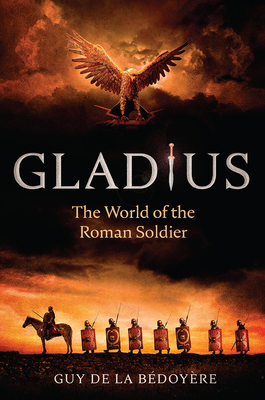Expedite your nonfiction book discovery process with Readara interviews, summaries and recommendations, Broaden your knowledge and gain insights from leading experts and scholars
In-depth, hour-long interviews with notable nonfiction authors, Gain new perspectives and ideas from the writer’s expertise and research, Valuable resource for readers and researchers
Optimize your book discovery process, Four-to eight-page summaries prepared by subject matter experts, Quickly review the book’s central messages and range of content
Books are handpicked covering a wide range of important categories and topics, Selected authors are subject experts, field professionals, or distinguished academics
Our editorial team includes books offering insights, unique views and researched-narratives in categories, Trade shows and book fairs, Book signings and in person author talks,Webinars and online events
Connect with editors and designers,Discover PR & marketing services providers, Source printers and related service providers

Gladius: The World of the Roman Soldier
History > Ancient - Rome
- University of Chicago Press
- Hardcover
- 9780226750231
- 9.1 X 6.1 X 1.7 inches
- 2.25 pounds
- History > Ancient - Rome
- (Single Author) Asian American
- English
Readara.com
Book Description
In Gladius, Guy de la B�doy�re takes us straight to the heart of what it meant to be a part of the Roman army. Rather than a history of the army itself, or a guide to military organization and fighting methods, this book is a ground-level recreation of what it was like to be a soldier in the army that made the empire. Surveying numerous aspects of life in the Roman army between 264 BCE and 337 CE, Gladius--the Latin word for sword--draws not only on the words of famed Roman historians, but also those of the soldiers themselves, as recorded in their religious dedications, tombstones, and even private letters and graffiti. Gladius reveals the everyday life of these soldiers and their families, whether stationed in a bleak frontier garrison in Britain or North Africa, tasked with guarding the emperor in Rome, fighting on foreign battlefields, mutinying over pay, marching in triumph, throwing their weight around on city streets, or enjoying esteem in honorable retirement.
By illuminating the history of one organization that reflected all corners of the Roman world, Gladius gives us a portrait of an ancient society that is unprecedented in both its broad sweep and gritty intimacy.
Author Bio
Guy de la Bédoyère is a freelance historian, archaeologist, writer and broadcaster.
His special interests, apart from the Roman Empire and Roman Britain, include coinage (ancient and modern), and the writings of Samuel Pepys and John Evelyn. He is a Fellow of the Royal Numismatic Society, a Fellow of the Society of Antiquaries of London, and a Fellow of the Historical Association. In 1997 he discovered that the rebel Romano-British emperor called Carausius (AD 286–293) had placed explicit reference to lines from poetry by the poet Virgil on his coins, considered a major discovery in the history of the period.[2]
Between 2007 and 2016 de la Bédoyère gave up his full-time freelance work as a writer and broadcaster, to teach at Kesteven and Sleaford High School in Sleaford, Lincolnshire. After training on the Graduate Teacher Program, he specialized in teaching Modern History and Classical Civilization.
Guy de la Bédoyère was born in Wimbledon on 27 November 1957, the eldest of five children. He was educated at King's College School, Wimbledon and Wimbledon College. He took an archaeology and history degree at Collingwood College, Durham in 1980, part of Durham University, with a subsidiary paper in Egyptology, a degree in modern history at the University of London in 1985, and an MA in archaeology at the Institute of Archaeology, now part of University College London, in 1987. From 1981 to 1998 he worked for most of the time as a sound engineer for BBC Radio News at Bush House and Broadcasting House in London. In 1998 he became a full-time freelance writer and broadcaster.
He lives in Grantham Lincs, UK.
Source: debretts.com, Yale University Press, youtube.com and Wikipedia.com
Videos
No Videos
Community reviews
No Community reviews

